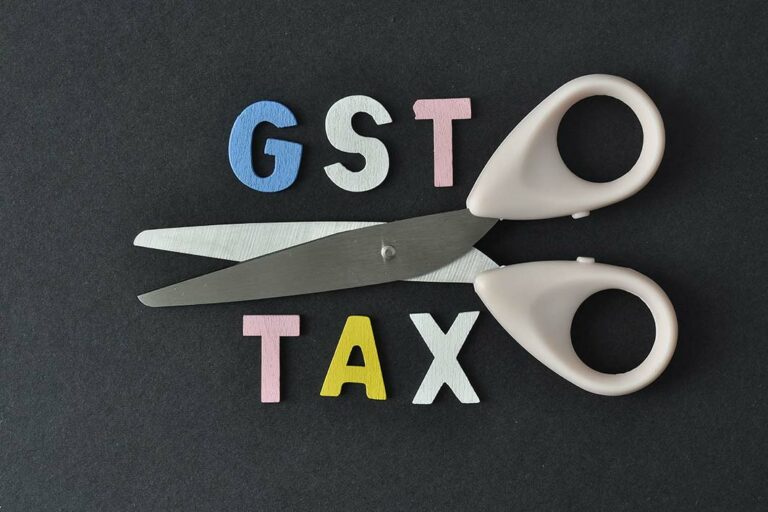What is GST & Why we should move to GST?

The Goods and Service Tax (GST) is a comprehensive value added Tax on the supply of Goods and services. GST will replace all the indirect taxes (like Excise duty, VAT, CST etc.) levied on goods and services by Government once it is implemented. The main motive of GST is to reduce the cascading effect of tax on the cost of goods and services and create a common, cooperative and undivided Indian market to make economy stronger and powerful. So the GST system will combine Central excise duty, additional excise duty, service tax, State VAT entertainment tax etc. under one banner. It will impact tax structure, tax incidence, tax computation, credit utilization and reporting, leading to a complete overhaul of the current indirect tax system. This is one of the biggest taxation reform that will take place in India once it is officially passed by Government.
Many countries across the world have single unified GST system but due to non-consensus between central and state government of India, India shall adopt a Dual GST model, meaning that the GST would be administered both by the Central and the State Governments. A Dual GST will be levied on the taxable value of every transaction of supply of goods and services.
- State Goods and Services Tax (SGST), collected by the state government
- Central Goods and Services Tax (CGST), collected by the central government
- Integrated Goods and Service Tax (IGST), collected by the central government on inter-State supply of goods and services.
Please note, the above names may change in the actual law our purpose is only to understand their nature.
Benefits of Dual GST: –
- The Dual GST will reduce the cascading effects of the taxes on the final price of the product or service. i.e. eliminate Tax on tax effect. So It will certainly reduce the tax burden for consumers.
- It will decrease the tax rate for many goods
- It will also help to build a transparent and will increase efficiency in tax administration.
- It will increase proximity of our tax system to the global tax system.
- It may boost our economy and enable us to compete at the global front.
- It will foster a common market across the country.
- Only three accounts; CGST, SGST, IGST have to be maintained. So it will be Simplified and cost saving system as procedural cost reduces due to uniform accounting for all types of taxes.
With GST set to be implemented, there will be a need for a compliant ERP software which will help with the calculation of the taxes and the deductions. Sage 300, already has been successfully implemented in Malaysia for GST.
Sage 300 is a robust and a scalable ERP solution for businesses which not only helps in tax calculations of all kinds, but also smart reporting and compliance. Get a single view of all your business processes and streamline your GST calculations with Sage 300.